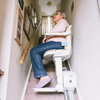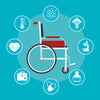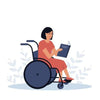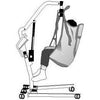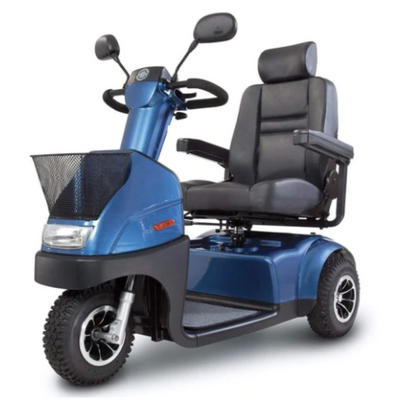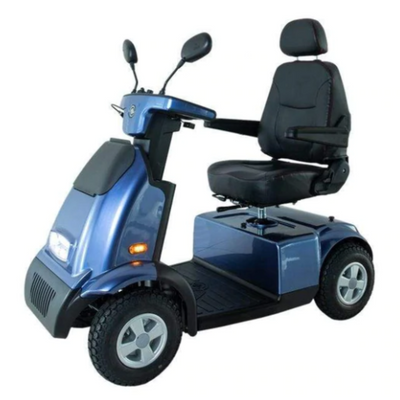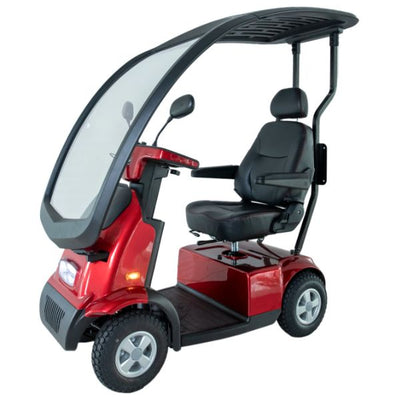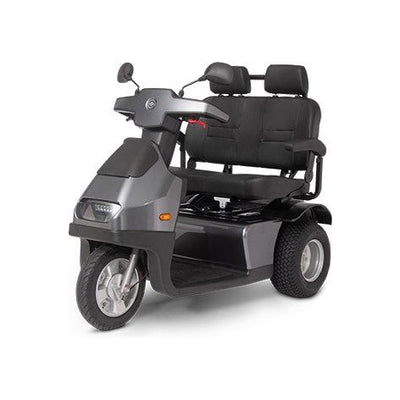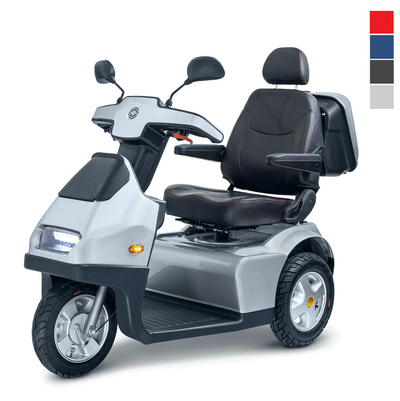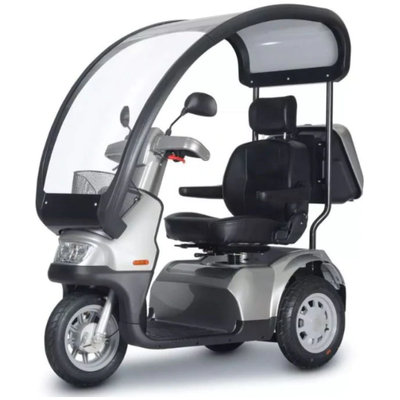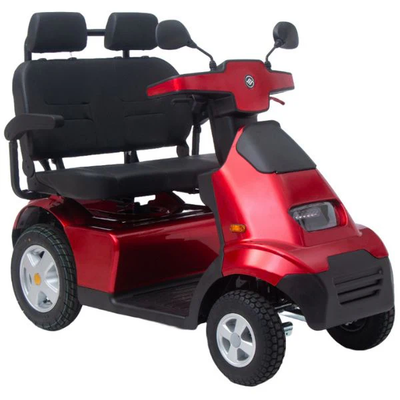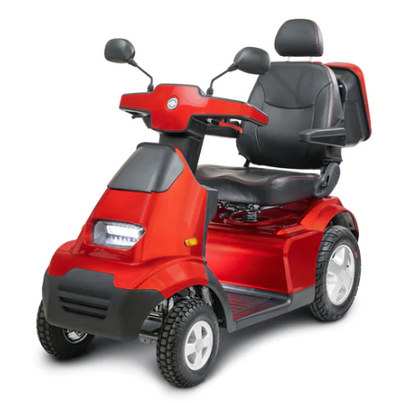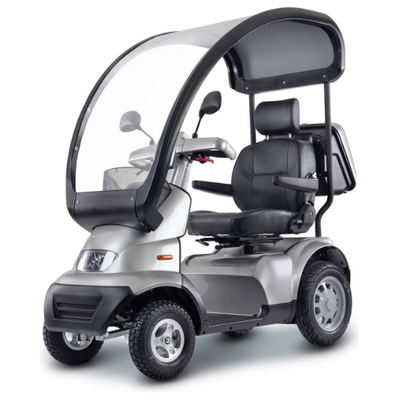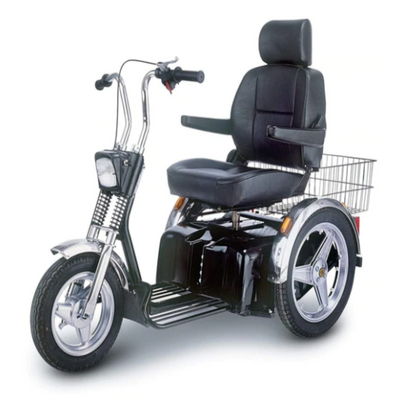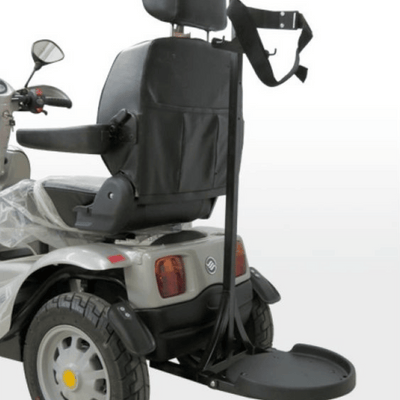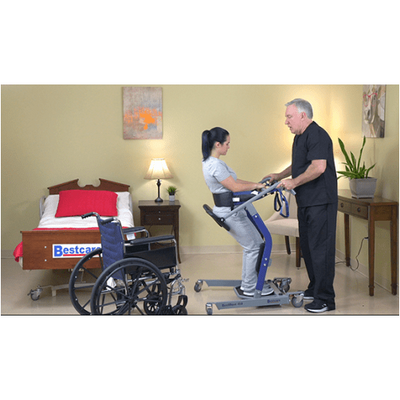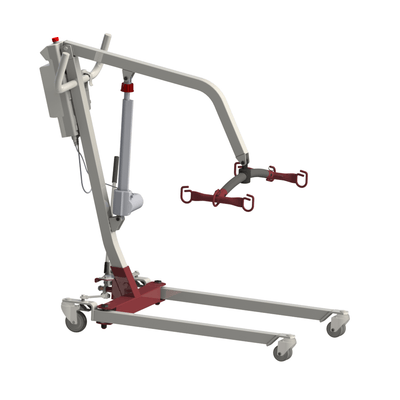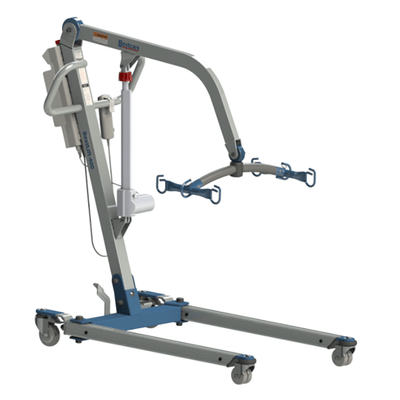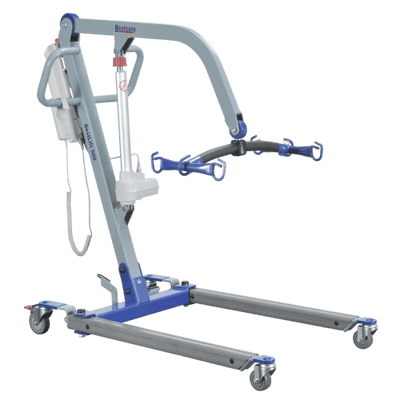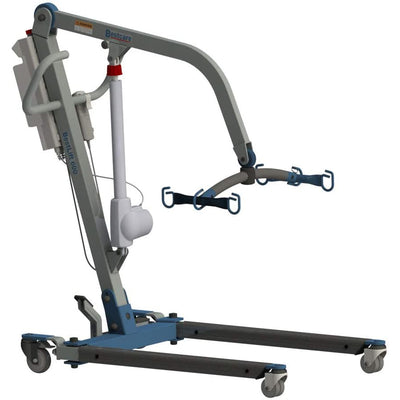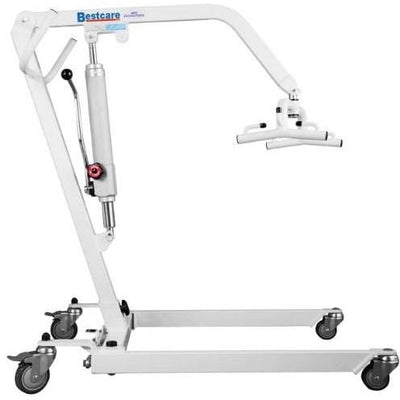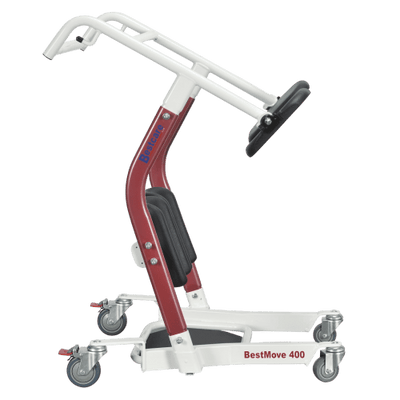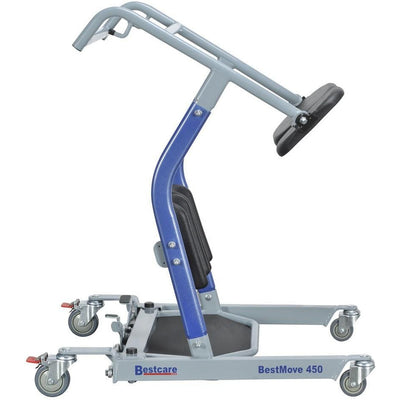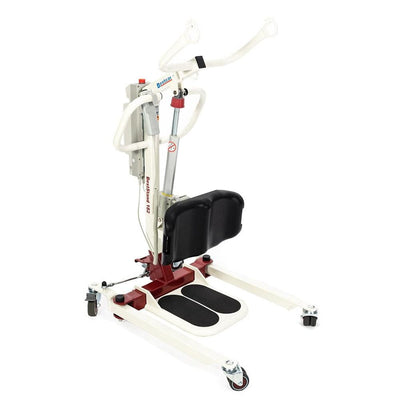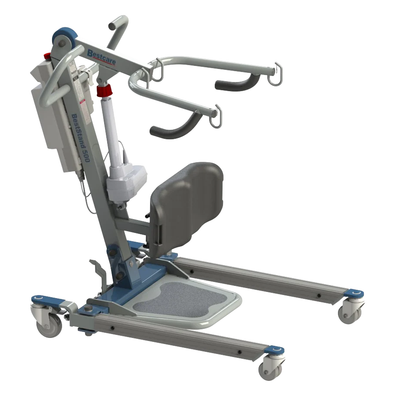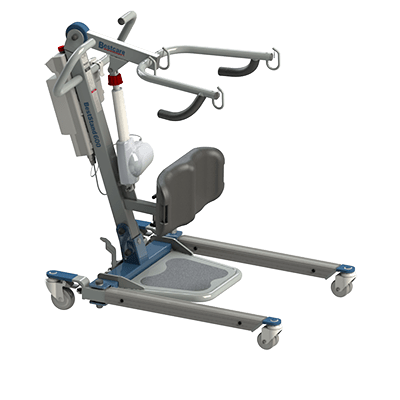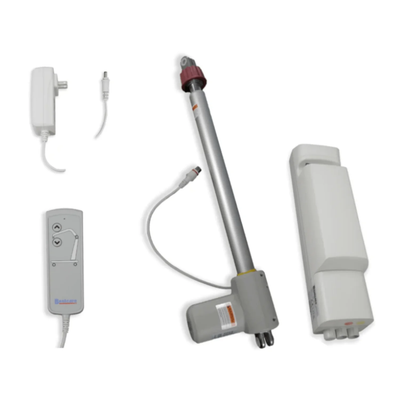Mobility loss can have a profound emotional impact on individuals, affecting not only their physical abilities but also their emotional well-being. Coping with the challenges and changes that come with mobility loss is essential for maintaining a positive outlook and quality of life. In this blog post, we'll explore the emotional impact of mobility loss and share strategies and support resources to help individuals cope effectively.
-
Understanding the Emotional Impact:
- Mobility loss can lead to feelings of frustration, sadness, anger, and grief as individuals adjust to changes in their independence and lifestyle.
- Loss of mobility may also trigger anxiety about navigating daily tasks, fear of dependence on others, and concerns about social isolation and participation in activities.
-
Acknowledging Grief and Loss:
- It's essential for individuals experiencing mobility loss to acknowledge and validate their feelings of grief and loss.
- Recognizing and processing emotions related to the loss of physical abilities can help individuals begin to cope and adapt to their new reality.
-
Cultivating Resilience and Adaptability:
- Developing resilience involves accepting change, seeking support, and finding new ways to adapt to challenges.
- Encourage individuals to focus on what they can control, set realistic goals, and celebrate small victories along the way.
-
Seeking Support and Connection:
- Connecting with others who have experienced similar challenges can provide validation, understanding, and a sense of belonging.
- Support groups, online communities, and peer mentoring programs offer valuable opportunities for individuals to share experiences, exchange coping strategies, and offer mutual support.
-
Embracing Assistive Devices and Adaptive Strategies:
- Assistive devices and adaptive strategies can empower individuals with mobility loss to maintain independence and participate in activities they enjoy.
- Encourage individuals to explore available resources, such as mobility aids, home modifications, and assistive technology, to enhance accessibility and ease daily tasks.
-
Prioritizing Mental Health and Self-Care:
- Taking care of mental health is just as important as physical health when coping with mobility loss.
- Encourage individuals to prioritize self-care activities, such as mindfulness, relaxation techniques, hobbies, and engaging in activities that bring joy and fulfillment.
-
Seeking Professional Help:
- If feelings of sadness, anxiety, or depression persist, encourage individuals to seek support from a mental health professional, counselor, or therapist.
- Professional help can provide individuals with coping strategies, emotional support, and tools to navigate the emotional challenges of mobility loss effectively.
Navigating the emotional impact of mobility loss can be challenging, but with support, resilience, and self-care, individuals can find ways to cope and thrive despite their limitations. By acknowledging emotions, seeking support, and embracing adaptive strategies, individuals can cultivate resilience and lead fulfilling lives despite mobility challenges. Remember, you're not alone, and there are resources available to help you through this journey.








